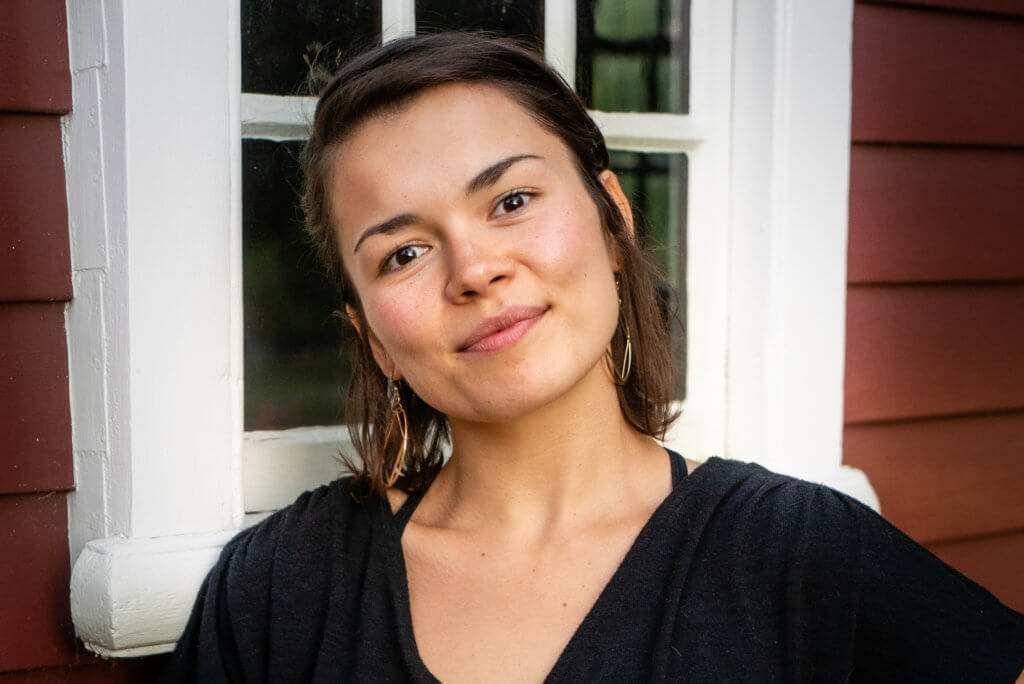Episode
Highlights
DISPOSESSION
“The expulsion of Palestinian families from their homes by the Israeli government in the Sheikh Jarrah neighborhood, or the scheduled expulsion, and their replacement by Jewish Israelis is yet another episode that a century long process of the systematic dispossession and displacement of the indigenous Palestinian population by settler colonial state.”
—BESHARA DOUMANI
NAKBA
“For the Palestinians, it’s called the catastrophe, or Nakba, simply because out of a million or so Palestinians, who are natives to that land, over 750,000 were forced out of their homes, which were then taken over by Jewish settlers who came from Europe…”
—BESHARA DOUMANI
IMMIGRATION & EDUCATION
“I think mine is a fairly typical story people who’ve been traumatized by dispossession and uprooting and loss…My father did not want to talk about it. Everything I learned about my own history and history of my family, I learned from other people.”
—BESHARA DOUMANI
“Everything I knew I left behind. I didn’t really know the language. I had to learn it. And we lived in a very poor neighborhood in a condemned house.”
—BESHARA DOUMANI
“When you lose your home, your land, even your right to have rights, what can you take with you from one place to the other? It’s your education.”
—BESHARA DOUMANI
ANTI-ARAB, ANTI-PALESTINE
“The kind of Islamophobia and anti-Arab racism is not a new phenomenon under Trump or anything. It’s been around for a very long time. For example, somebody would say, ‘I would not donate my blood to these filthy Muslims or Arabs’ or things like this.”
—BESHARA DOUMANI
“At that time, if you mentioned the word it was automatically assumed that you’re calling for the destruction of Israel, because you can’t have Palestine and Israel.”
—BESHARA DOUMANI
COMMUNITY ESSAY
“Growing up as an American Jew, Israel is absolutely a part of your consciousness. I was taught and the communities that I was a part of were taught that Israel is important for Jews around the world.”
—LEX ROFEBERG
“I was unpacking the ways in which without really thinking much, I had positioned myself so staunchly as pro-Israel, as being a Zionist, as all of these terms that I applied to myself, knowing in my bones somehow that they were good. But not actually knowing what they meant.”
—LEX ROFEBERG
BEING PALESTINIAN
“It’s unfortunate, but often one’s identity is kind of a reaction to discrimination from someone else.”
—BESHARA DOUMANI
“Being Palestinian is really part of being part of a global condition in which colonialism and nationalism and kind of capitalism all — and racism, of course — were coterminous phenomena that went hand in hand in many ways with it with each other. And so there is not only a long heritage of suffering, but also of resistance and incredible stories of people overcoming amazing odds, in order to live a kind of a more just equal and dignified life. And I take a lot of inspiration from that.”
—BESHARA DOUMANI
"PEP"
“In the United States, we have the phenomena of what we call PEP, Progressive Except for Palestine.”
—BESHARA DOUMANI
ANTISEMITISM IS REAL
“It’s difficult because antisemitism is real and because of a long history of oppression, and genocide against the Jewish people. It’s difficult to talk about Palestine without that triggering some people.”
—BESHARA DOUMANI
"I AM FROM HERE"
“I was inspired by the resistance that took place in Jerusalem and elsewhere in the last few weeks, because what I saw is a united stance of Palestinians who sent a loud and clear message. ‘News of our demise are greatly exaggerated.’ And in a way they’ve acted out the lines of a famous poem by Mahmoud Darwish. In which he says, quote, ‘I am from here. And here I am. I am me. And here is here.’ And I think that expresses in many ways, what the Palestinians were saying to the world in the last few weeks.”
—BESHARA DOUMANI

